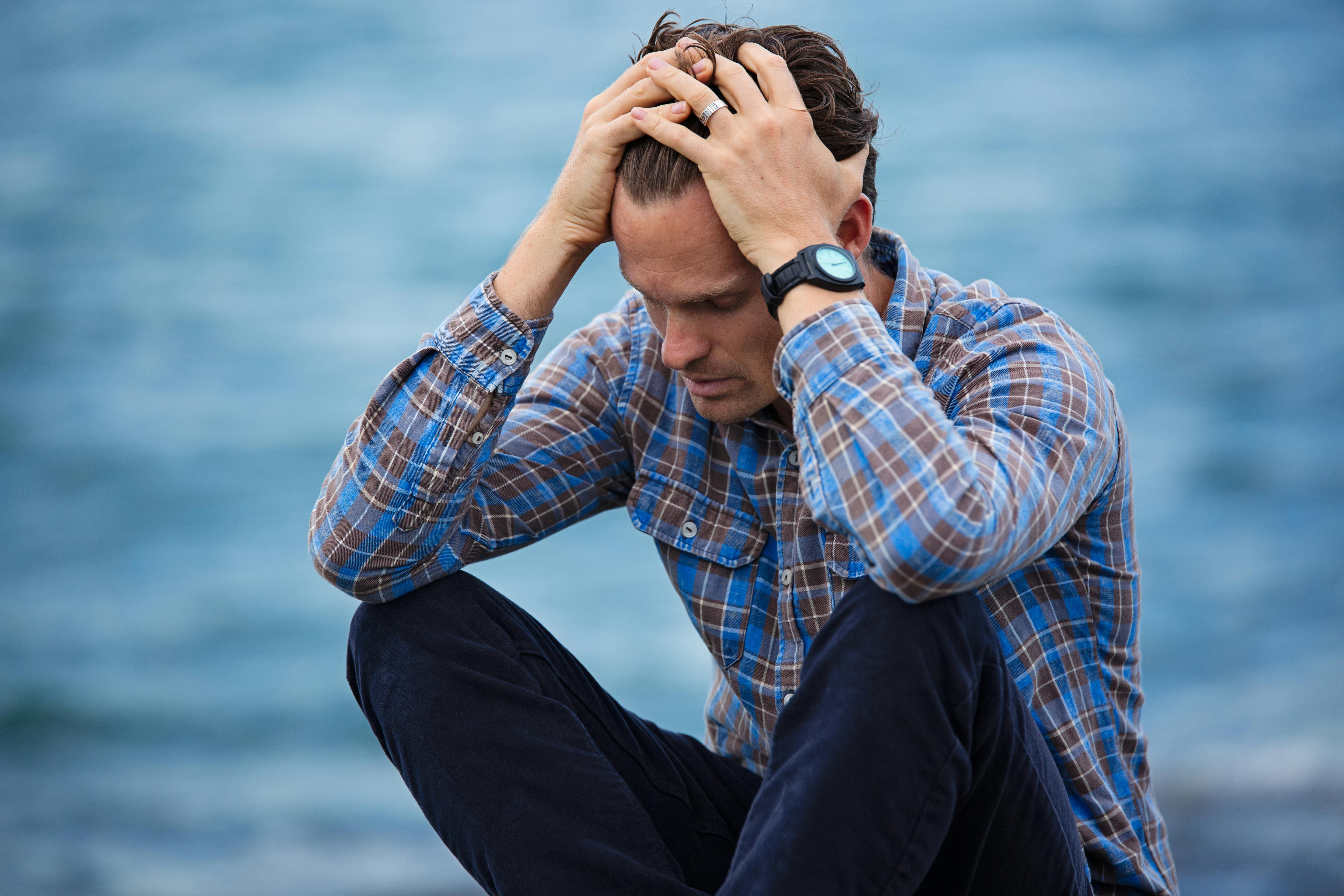8 Surprising New Reasons Men Are Losing Their Hair
Stress and Strands: The Psychological Impact on Hair

While genetics and hormones are primary culprits, stress is an often-overlooked trigger of hair loss. Chronic stress elevates cortisol levels, which can disrupt the hair growth cycle, leading to conditions like telogen effluvium. This condition causes hair follicles to prematurely enter the resting phase, resulting in noticeable shedding. The psychological burden of hair loss can further exacerbate stress, creating a vicious cycle. Addressing stress through mindfulness, therapy, and lifestyle changes can not only improve overall well-being but also contribute to healthier hair. Recognizing the mind-body connection is crucial in understanding and managing alopecia.
Nutritional Deficiencies: The Diet-Hair Connection

Diet plays a pivotal role in hair health, and nutritional deficiencies can exacerbate hair loss. Essential nutrients like iron, zinc, and vitamins A and D are vital for maintaining robust hair growth. Iron deficiency, in particular, is linked to hair thinning, as it impairs oxygen delivery to hair follicles. Similarly, inadequate protein intake can weaken hair structure, leading to breakage. Incorporating a balanced diet rich in these nutrients can bolster hair strength and vitality. Understanding the diet-hair connection underscores the importance of nutrition in preventing and managing hair loss.
